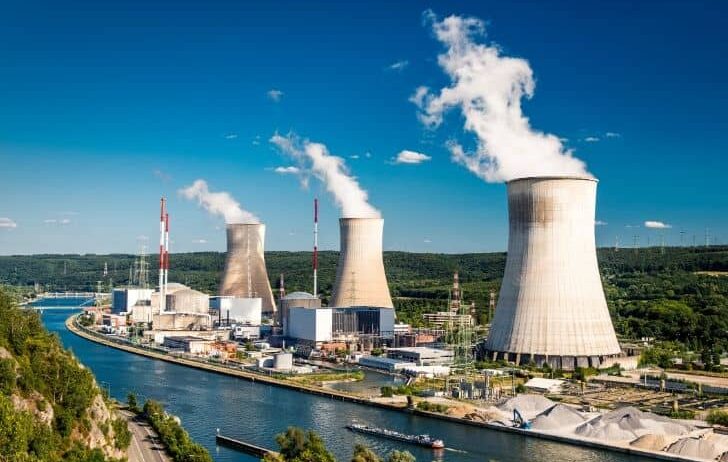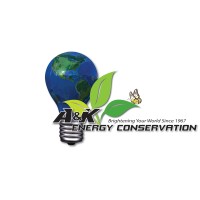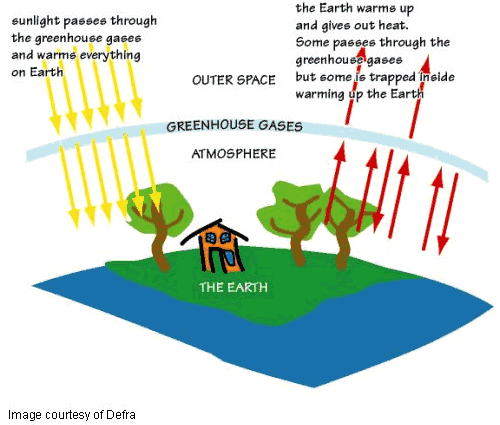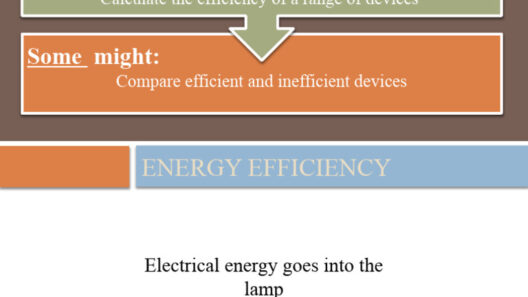In an era dominated by the urgent demand for sustainable energy, nuclear energy has emerged as a crucial player in the quest for a low-carbon future. While its implications are complex, comprehending how to conserve nuclear energy and use it efficiently is paramount. This discourse delves into various facets of nuclear energy conservation, including operational efficiency, waste management, the role of technology, and public awareness.
Understanding Nuclear Energy
Nuclear energy harnesses the power released during nuclear fission, primarily through the splitting of uranium or plutonium atoms. This release of energy generates heat, which is then utilized to produce electricity. Unlike fossil fuels, nuclear reactors emit negligible greenhouse gases during operation, making them a pivotal asset in mitigating climate change. However, the conservation of this potent energy source requires judicious practices and an attuned approach to management.
Operational Efficiency: Maximizing Output
To conserve nuclear energy effectively, the first aspect to consider is operational efficiency within nuclear power plants. Piloting advanced reactor designs, such as small modular reactors (SMRs) and Generation IV reactors, can enhance efficiency significantly. These next-generation systems promise greater fuel utilization and lower waste production. Implementing stringent maintenance regimes also ensures reactors operate at optimal levels, minimizing energy losses.
Furthermore, introducing artificial intelligence and machine learning into operational protocols can facilitate predictive maintenance. This approach not only lengthens the lifespan of the reactors but also promptly identifies and resolves inefficiencies. Regular assessments of performance metrics, including thermal efficiency ratios and capacity factors, further buttress the plants’ reliability, ultimately leading to more energy conserved and less waste emitted.
Waste Management: A Pivotal Concern
Integral to the discussion of conserving nuclear energy is the management of radioactive waste. The long-term storage and disposal of nuclear waste pose significant environmental challenges. Ensuring the integrity of containment methods is essential; adopting advanced technologies, such as deep geological repositories, can secure waste for thousands of years. These repositories are crucial not only for environmental safety but also for public confidence in nuclear energy.
Moreover, recycling spent nuclear fuel is another valuable strategy. By reprocessing spent fuel, countries can extract useful isotopes and repurpose them for further energy production. Initiatives aimed at developing closed fuel cycles are increasingly crucial for reducing the cumulative footprint of nuclear waste. Transitioning towards more effective waste recycling protocols not only conserves energy but lays the foundation for sustainable practices in the nuclear sector.
Embracing Technological Advancements
Advancements in technology play a quintessential role in conserving nuclear energy. The integration of renewable technologies, such as solar or wind, with nuclear power can create a complementary energy portfolio. For example, nuclear power can serve as a stable, baseload energy source, while renewables can contribute during peak operational times, thereby balancing the grid and enhancing energy security.
Burgeoning innovations in nuclear reactor technology, like thorium reactors, present an optimistic avenue for energy conservation. Thorium is abundant and has the potential to operate with fewer radioactive byproducts compared to traditional uranium-based reactors. Additionally, research into fusion energy has advanced considerably; successful harnessing of this process could yield nearly limitless energy with minimal environmental impact.
Training and Workforce Development
A highly skilled workforce is indispensable for ensuring expert management of nuclear energy resources. Investing in training programs for engineers, technicians, and operators to foster an understanding of best practices in nuclear energy conservation is critical. Collaboration with educational institutions to formulate specialized curricula can breed a new generation of professionals equipped with cutting-edge knowledge, adeptly navigating the complexities of modern nuclear systems.
Through continuous education and awareness programs, industry professionals can stay abreast of evolving technologies and methodologies. Fostering a culture of safety, innovation, and environmental stewardship becomes paramount in cultivating a responsible nuclear energy sector.
Public Awareness and Engagement
Encouraging public engagement is another crucial element in the conservation of nuclear energy. Transparent communications about the benefits and risks associated with nuclear power can enhance public sentiment and understanding. Utilizing the platforms of social media, community forums, and educational outreach can demystify nuclear energy and promote informed discussions on its advantages.
The implementation of citizen advisory boards or public consultations can also foster trust and involvement, allowing communities to voice concerns and contribute to decision-making processes. By democratizing the dialogue surrounding nuclear energy, stakeholders can collectively advance towards a more sustainable energy future, engendering public support for nuclear initiatives.
Policy Framework: Regulatory and Incentive Measures
Governmental policy frameworks play an indispensable role in shaping the nuclear energy landscape. Effective regulation and strategic incentives are required to encourage the adoption of innovative technologies and promote operational efficiencies. Establishing clear guidelines for waste management, emissions standards, and safety protocols can facilitate consistent practices across the industry.
Moreover, financial incentives, such as subsidies for advancements in nuclear technology or the implementation of energy efficiency standards, can motivate utilities to invest in upgrades and innovations. As governments worldwide commit to reducing carbon emissions, fostering a robust nuclear energy framework must be a priority.
Conclusion: A Path Forward
Conserving nuclear energy requires a multifaceted approach, encompassing operational efficiency, technological advancements, effective waste management, workforce development, public engagement, and supportive policy frameworks. Each component is interlinked, yet stands independently as a pivotal contributor to the overarching goal of responsible nuclear energy conservation. By pursuing these strategies, society can harness the potential of nuclear energy not only to power economies but also to safeguard the planet, ensuring a sustainable and resilient future.








